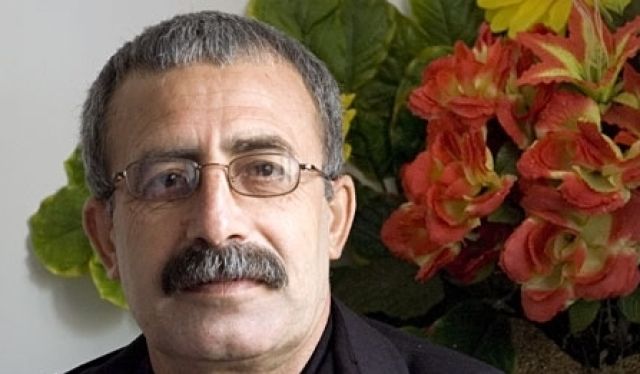
“Iran is not a safe space,” Bahman, an Iranian refugee living in Australia and active in Iranian Workers Solidarity, told Green Left Weekly.
Bahman was responding to Australian foreign minister Julie Bishop’s recent visit to Iran, where she tried to persuade the Iranian government to accept asylum seekers sent back to Iran involuntarily.
“The whole country is a prison,” he said. “People are victimized for their political or religious opinions, their ethnicity, or because they are workers fighting for their rights. Australia should not send asylum seekers back to their persecutors in Iran.”
He said that while it seems the Iranian government rejected Bishop’s request, this could change.
Bahman said women in Iran are treated as “second class citizens”. Only men are allowed to initiate divorce. Women must get the permission of a male relative to travel and are compelled to wear a hijab. They are subject to harassment in workplaces, schools and on the street.
Workers are not allowed to form unions. Many have been jailed and tortured for demanding better pay and conditions.
For those with jobs, the minimum wage is about $300 per month. But bosses often sack workers then rehire them on less than the minimum wage.
Bahman said the election of Hassan Rouhani in 2013 on a reformist platform made no difference. “The president can’t go against the religious leader, Ali Khamenei,” he said.
“Since Rouhani came to power, hundreds of prisoners have been executed. The government says those executed are drug dealers or foreign agents, but actually many are political prisoners.”
Last year, at least 780 people are known to have been executed. The real total could be much higher.
On May 1, almost 20 activists were arrested, including trade unionist Mahmood Salehi, and human rights campaigners Narges Mohammadi and Neda Mostaghimi.
Commenting on Iran’s role in Syria and Iraq, Bahman said there has been rivalry between Iran, Russia and China on the one hand, and Turkey, Saudi Arabia, Qatar, Egypt and the United States on the other. All these regimes pursue their own interests.
He said Iran has sent soldiers to Iraq, Syria and Yemen, diverting resources away from the Iranian people, most of whom live in poverty despite Iran’s oil wealth. Corruption also helps impoverish the people. The gap between rich and poor is enormous.
Bahman said that while relations between the US and Iran are hostile on the surface, there have been cases of collaboration. In the 1980s, the administration of Ronald Reagan collaborated with Iran to fund right-wing terrorists in Nicaragua.
Iran also gave logistical and intelligence support to the US invasions of Afghanistan and Iraq. Recently an agreement was reached on nuclear issues, and previously frozen Iranian money released by the US has been spent intervening in Syria.
On Iran's history, Bahman said the left played a big role in the 1979 revolution that overthrew the Shah’s dictatorship. For two or three years, he said there was an open atmosphere in which previously banned political parties emerged.
New magazines were published. Workers councils and unions were formed. Workers often controlled factories, students controlled their campuses and local committees controlled the suburbs.
However Bahman said, the left did not think about the need to govern and allowed the Islamists to take over. After 1982, the regime cracked down. Thousands were executed and many parties were completely destroyed.
When Iran's war with Iraq ended in 1988, at least 30,000 prisoners were executed in the space of two months.
Despite this grim history, Bahman said “people never stopped protesting”.
Recently, teachers and students all over Iran have demonstrated. Teachers are demanding a pay rise, health insurance, equal pay for men and women, and better conditions.
“Protests are increasing,” Bahman said. “If people unite, the regime will not survive”.
Like the article? Subscribe to Green Left now! You can also like us on Facebook and follow us on Twitter.